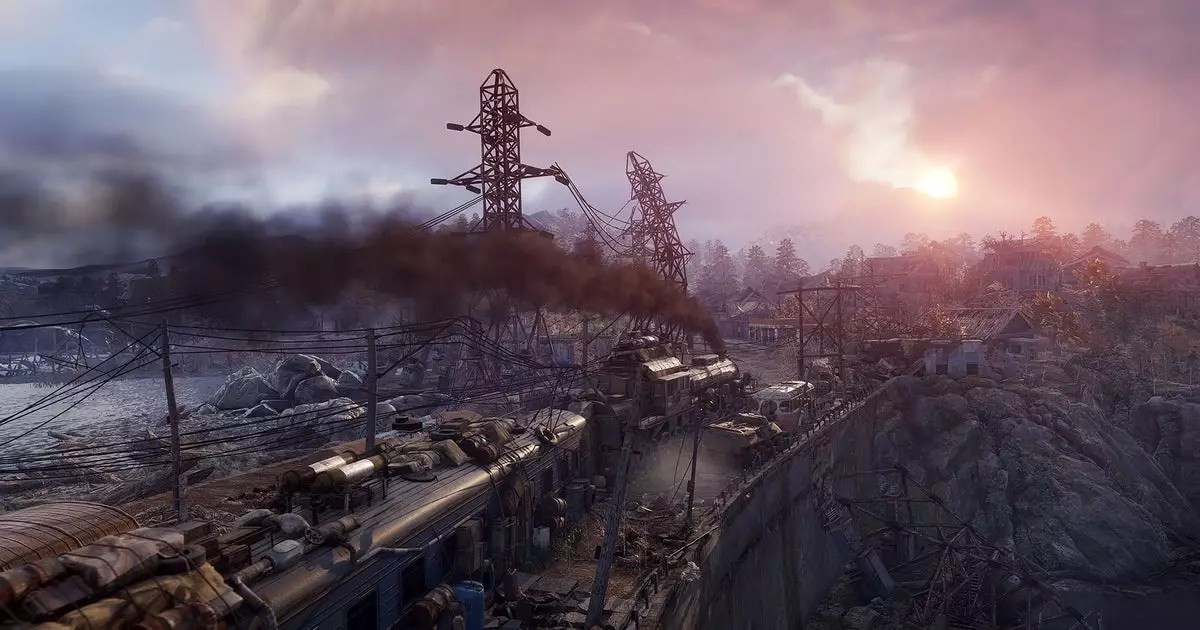Fifteen years have passed since the release of Metro 2033, a game that has not only defined a genre but has also given voice to the human experience amid desolation. Celebrated for its atmospheric terror and profound narrative, the game has cemented itself as a cornerstone of first-person shooters that delve deep into horror. The impact of Metro 2033, rooted in Dmitry Glukhovsky’s poignant novel, extends beyond mere gameplay or aesthetic; it raises essential questions about survival, power, and the human condition. As we reflect on its anniversary, it’s crucial to recognize how the game’s themes have evolved alongside real-world events.
Navigating Crisis: The Making of Metro’s Future
The recent blog post from 4A Games offers a glimpse into the arduous journey of developing the next installment in the Metro series amid tumultuous circumstances. The ongoing conflict in Ukraine has inevitably influenced their storytelling approach, as the developers now draw from personal and collective experiences of adversity. The poignant statement, “art became life for many of our developers,” resonates deeply; it highlights how lived experiences—especially those steeped in trauma and conflict—can shape artistic expression. This is not just about creating a game; it’s about channeling genuine emotions and realities into a narrative that reflects an evolving socio-political landscape.
Shaping Themes Through Experience
As the developers navigate a war-torn existence, their commitment to portraying darker, more nuanced themes comes into sharper focus. The horrors of tyranny, the thirst for power, and the weighty cost of freedom are not mere plot devices; they reflect the harsh realities faced by those living the experiences behind the scenes. This integration of real-life dilemmas into the Metro universe ensures that the upcoming title will resonate on multiple levels—not only as entertainment but as a medium for social commentary. This shift in narrative depth exemplifies the game’s evolution, further instilling a sense of urgency and relevance in its storytelling.
A Collaboration Rooted in Activism
The collaboration between 4A Games and Glukhovsky reinforces the series’ commitment to its foundational themes. Glukhovsky’s background as a vocal critic of political upheaval enriches Metro’s inherent anti-war sentiment, ensuring that the narrative remains a powerful critique of violence and a plea for introspection. This partnership is not just beneficial but necessary, as it keeps the series grounded in its ethos while allowing it to evolve authentically.
In an era marked by uncertainty, Metro 2033’s legacy continues to inspire not only gamers but also creators across mediums. It’s a reminder that stories, especially those born in crisis, have the power to transcend their origins and ignite conversation. As the next chapter unfolds, one can only imagine the profound weight the themes will carry—reflecting not just a fictional struggle for survival, but the tangible echoes of human persistence in the face of chaos.


Leave a Reply